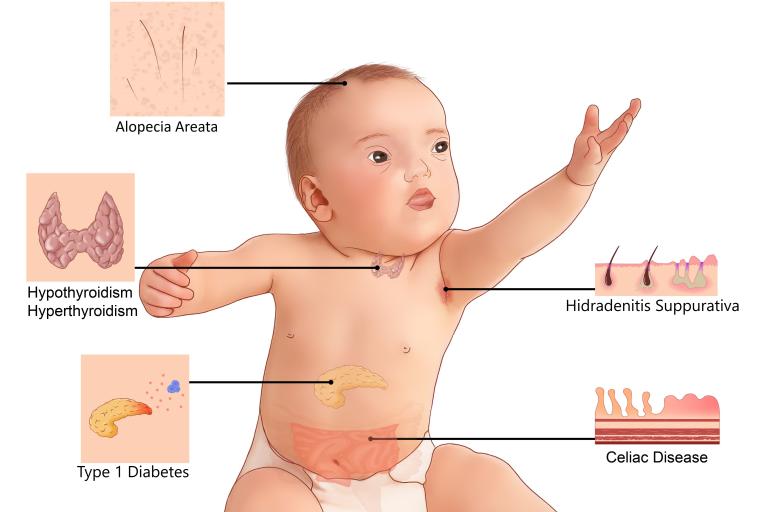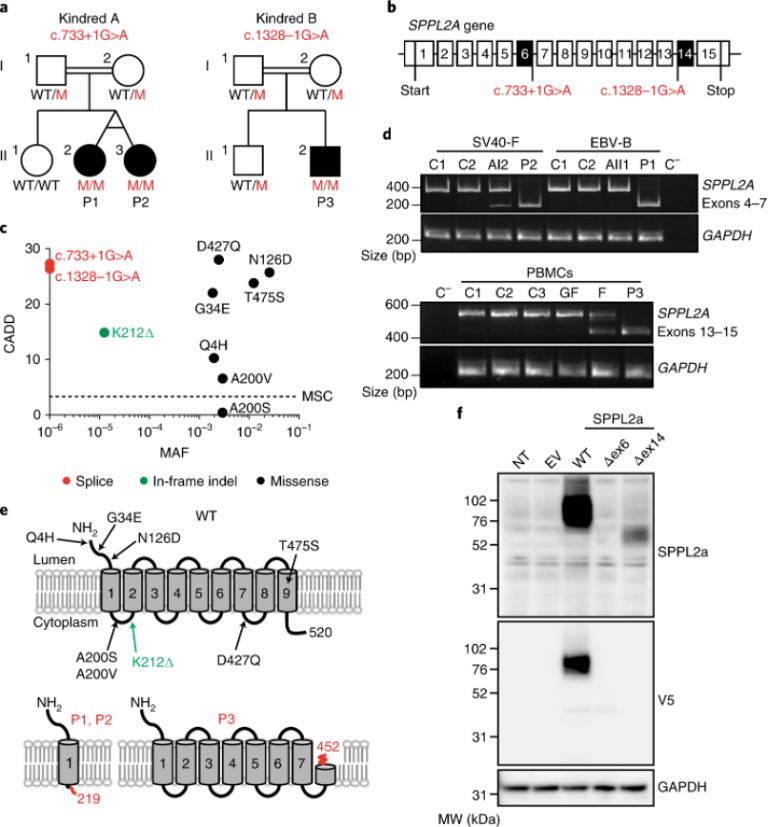JAK-STAT and celiac disease

Celiac disease is an immune-mediated gastrointestinal disease that arises in patients with a permissive HLA-DQ2/HLA-DQ8 genetic background. There is currently no treatment for celiac disease apart from gluten avoidance, which is not always effective. Celiac disease shows a familial clustering and occurs more frequently in patients with Down Syndrome or those carrying germ-line mutations in STAT gene. The lab is testing the hypothesis that JAK-STAT might be an essential genetic determinant for celiac disease. The lab has been screening for new genetic alterations in the JAK-STAT pathway in the familial celiac disease cases through Whole Exome Sequencing. We investigate the impact of JAK-STAT overactivation on gluten-specific CD4+ T cells from genetically susceptible patients with celiac disease. The long-term goal is to translate the research finding into the potential clinical use of JAK inhibitors in celiac disease.
Targeting Dendritic Cells for the treatment of Inflammatory Bowel Disease

Despite the recent introduction of multiple biologicals and small molecules, targeting pathways such as TNF-α, IL-12/23, Integrin a4b7, or JAKs, the treatment of IBD remains challenging and sustained treatment response rates are still only 30-45%. The common side effects or concerns of those approved treatments have been infectious diseases, especially mycobacterial infection and screening for latent tuberculosis is required before initiating most biologics. Genetics association studies demonstrated an immunological overlap between IBDs and Mendelian Susceptibility to Mycobacterial Diseases (MSMD), particularly at the level of the IFN-γ/IL-12 axis. These data suggest that MSMD and IBD are “Ying-Yang” phenotypes due to an impaired or exaggerated responses to microbes, respectively. The discovery of SPPL2A and IRF8 deficiency demonstrated the importance of conventional dendritic cells (cDC2) in immune system, as these cells are key producers of IL-12 and IL-23 upon immune stimulation. SPPL2A is a γ-secretase essential for CD74 processing and the process of antigen presentation and absent this protein, toxic fragment accumulation of CD74 led to selective cDC2 depletion. In the lab, we are testing the hypothesis that cDC2 might be an important cellular target for the therapy of IBDs.